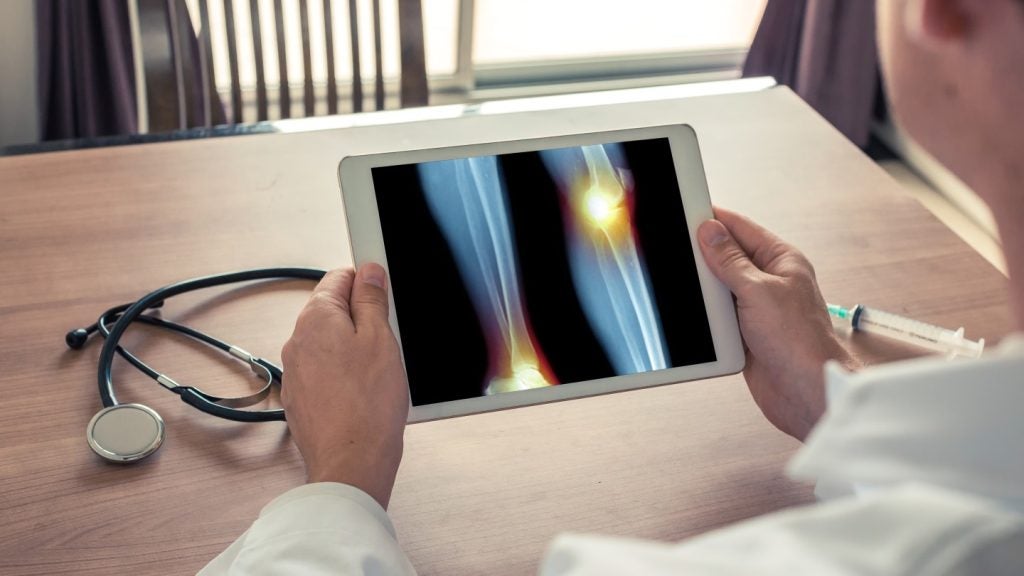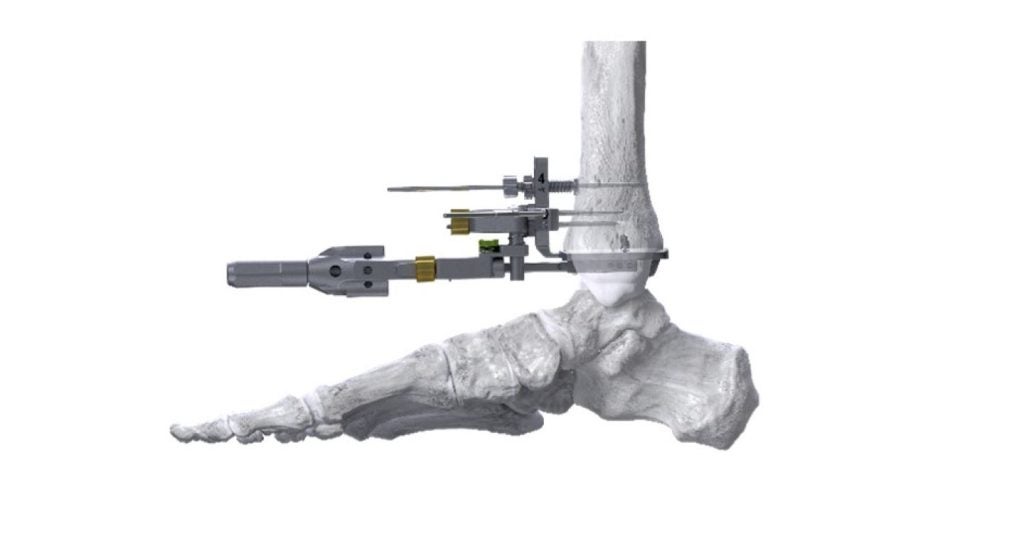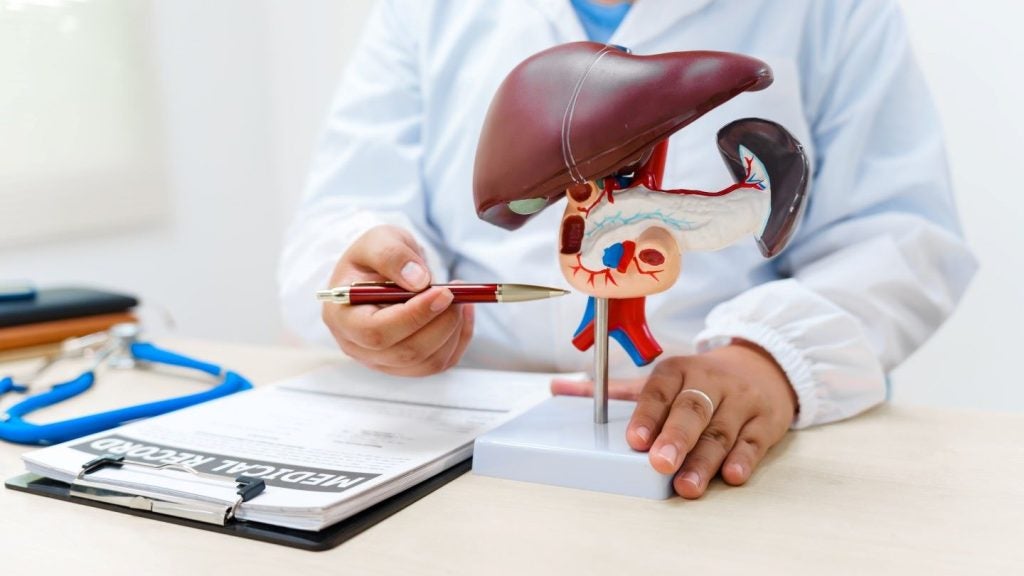SOPHiA GENETICS and AstraZeneca (AZ) have announced plans to accelerate the global rollout of liquid biopsy test, MSK-ACCESS.
Powered by the Swiss data company’s genomic analysis platform, SOPHiA DDM, MSK-ACCESS is a decentralised version of a liquid biopsy test developed by the Memorial Sloan Kettering Cancer Center (MSK).
SOPHiA DDM gained a CE mark under the EU’s revised In Vitro Diagnostics Regulation (IVDR) last month.
Sophia Genetics, AZ, and MSK first announced a partnership, intended to address global cancer care inequalities with the rollout of MSK-ACCESS powered by Sophia DDM, in October 2023.
Upon the initial launch of MSK-ACCESS powered by SOPHiA DDM in April 2024, 14 global healthcare institutions signed on to adopt or pilot the application.
Under the latest step in the collaboration, AZ will now support the rollout of MSK-ACCESS to 20 global locations over the next 12 months.
In liquid biopsy testing, cell-free DNA (cfDNA) is isolated to detect circulating tumour DNA (ctDNA), providing a less invasive cancer diagnostic method to solid tumour testing, which is not always possible due to insufficient or low-quality tissue.
Sophia Genetics chief medical and product officer Phillipe Menu commented: "Our collaboration with AstraZeneca has the potential to dramatically accelerate global access to liquid biopsy testing, especially in underserved populations, which in turn could contribute to reshaping diagnostics, treatment, and monitoring of cancer cases throughout the world.”
In June 2024, AZ Spain chose Sophia Genetics as its preferred partner for expanding homologous recombination deficiency (HRD) testing for ovarian cancer in Spain.
Sophia Genetics ended 2023 with a network of 450 core genomics customers using SOPHiA DDM, adding nine US-based institutions to the platform throughout the year. This contributed to a 70% growth of its US revenue to $9.5m, as per the company’s 2024 Annual General Meeting (AGM) report.
Earlier this year, the company has been establishing new partnerships for the deployment of its DDM platform, and in May, partnered with Nvidia and Microsoft to develop a whole genome sequencing analytical solution using the platform.
















